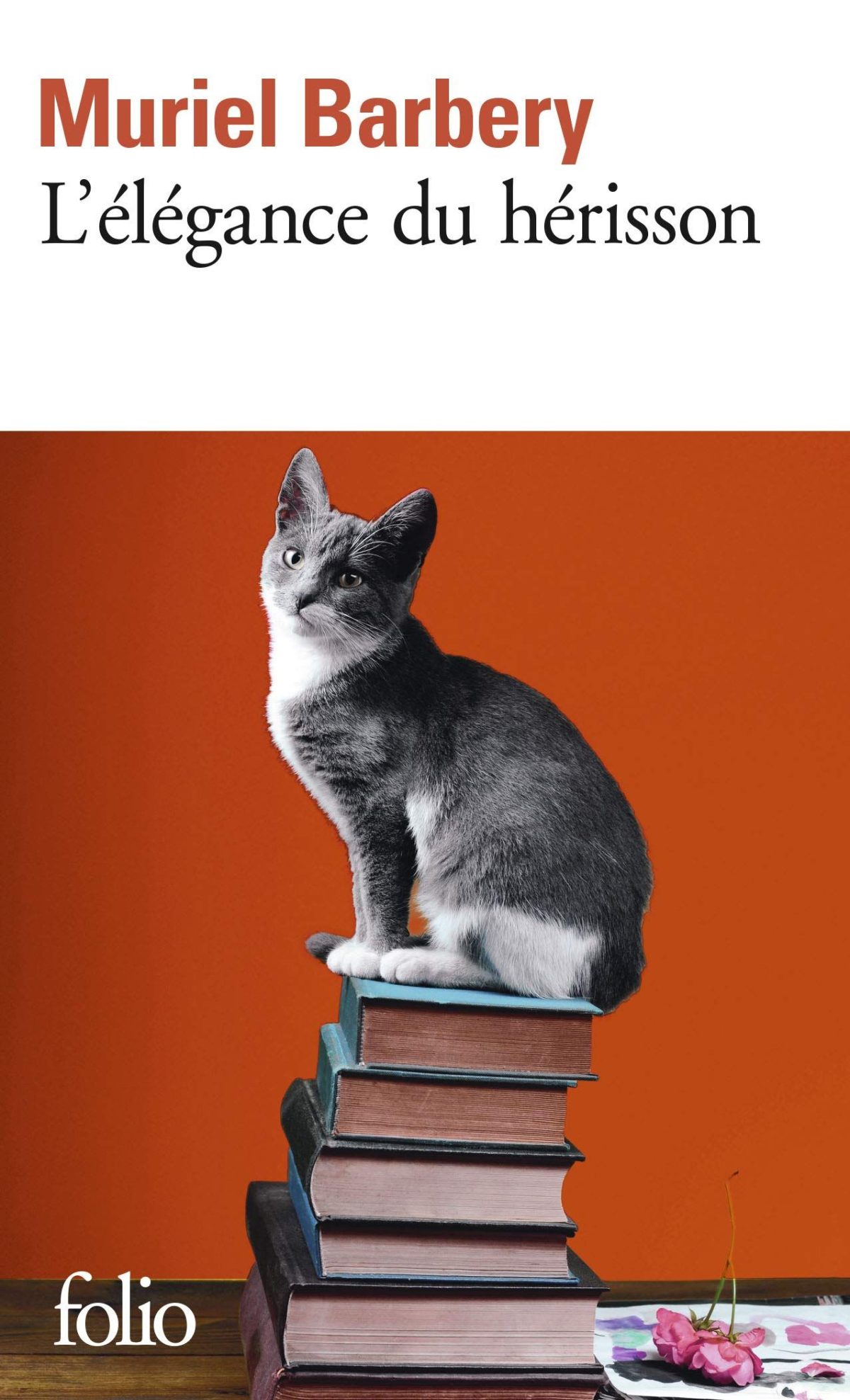The downside of reading in French is that it takes me so much longer than in either English or Swedish.
(It’s only a downside if a manic obsession with productivity drives you to stick to a particular reading schedule, I suppose, but that’s maybe a topic to take up another time, or in another context.)
An acquaintance recommended this (alongside Pappan och havet, actually) and I opted to read the French original because why not? The library had it, and I was behind on my French reading quota anyway.
(A manic obsession with self-improvement might drive me to set particular language quotas in my reading, I suppose, but that’s maybe a topic to take up another time, or in another context.)
It’s interesting to notice similarities in the books people enjoy and resonate with. Both Pappan och havet and L’Élégance du hérisson focus on how outcasts find genuine emotional and social connection with the people around them—though of course the personalities in Moomin Dalen are very different from those in Rive Gauche Paris. In Pappan och havet, our outsiders are Mårran and the fisherman; in L’Élégance du hérisson, they are Paloma, the precocious 12-year-old daughter of a respectable center-left politician, and Renée, the well-read and cultured concierge of Paloma’s posh apartment building. In Pappan och havet we have the Moomins bringing warmth and connection to both Mårran and the fisherman after they move in to the lighthouse; in L’Élégance du hérisson we have the genteel and kindly Kakuro Ozu who moves into an apartment after the death of its snobbish food critic owner.
With each passing year, it seems that the greatest benefit of my philosophy studies in college is being able to appreciate novels written by authors who also studied philosophy: David Foster Wallace, Lydia Sandgren, and now I suppose Muriel Barbery.
(This glib joke is actually unfair to the many excellent philosophy professors I had in my college career. In all seriousness, philosophy is a worthwhile course of study and it’s only because our minds have been poisoned by an excess of capitalism that the humanities seem like a waste of time.)
Did I only enjoy L’Élégance du hérisson because it made me feel like an elite smartypants? No, I don’t think so—I liked it on its own merits, or additional ones, maybe. There is always room in my heart for snarky, keenly observant children who hold nearly everyone around them in disdain, for example. But my French is still quite rusty, so I don’t know that I can quite comment on much more than that for now. The next thing is to read it again in Swedish (or English), then a third time in French, and see how much more I pick up.
(Does this sound like a laborious and joyless task? Possibly. But here, at least for a moment, I can put aside the capitalist obsession with numbers and figures and progress-at-all costs and take the time to linger over something just for the sake of enjoying it.)

2 thoughts on “L’Élégance du hérisson”